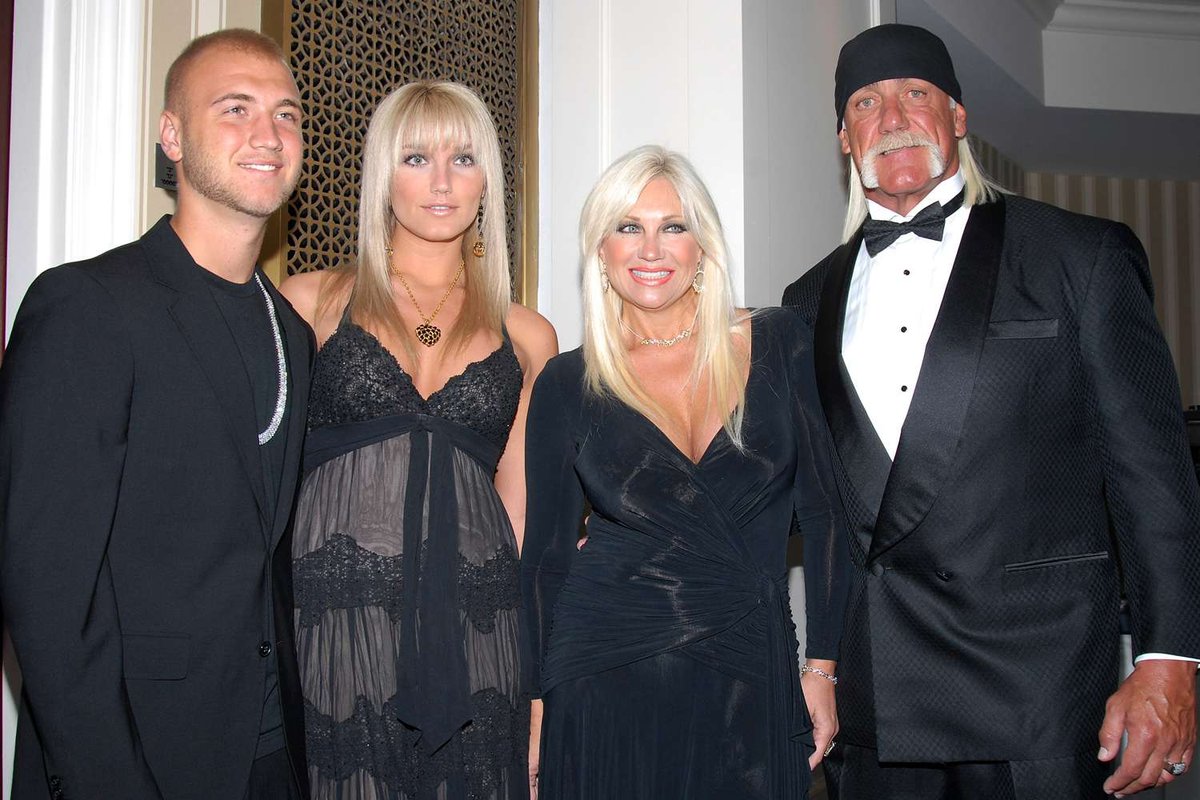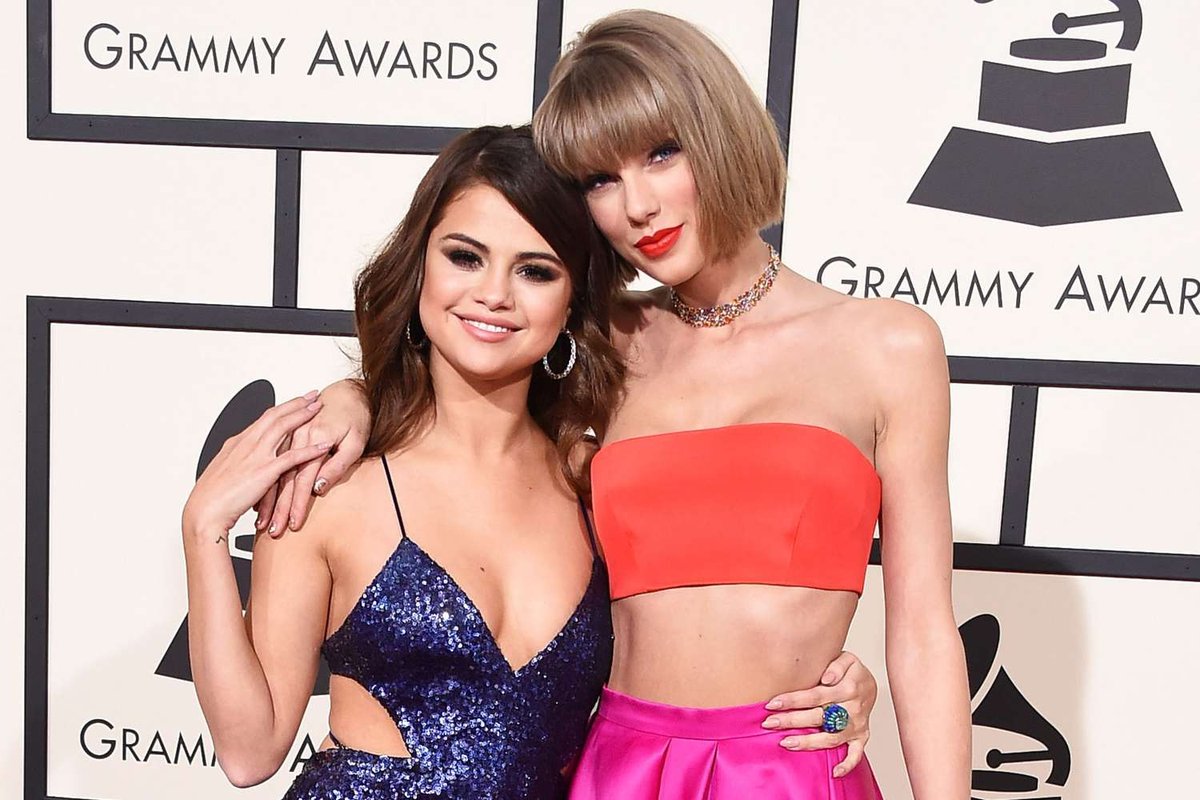Sesame Street’s Pride Tribute Sparks Support and Backlash: A Data-Driven Analysis

Objective reporting, insightful analysis—let’s examine the metrics behind Sesame Street’s recent Pride celebration and the polarized reactions it generated. On June 1, the iconic children’s series released a two-minute Pride segment featuring Elmo and friends shouting “Love is love” alongside a family with two dads. The video racked up 1.2 million views on YouTube within 24 hours (Nielsen Digital Content Ratings) and drove a 15% spike in engagement on Sesame Workshop’s social channels (Sprout Social data).
Social media has since become a battleground. According to a Brandwatch sentiment analysis, 68% of posts using #SesamePride leaned positive, praising early inclusion and LGBTQ representation. A significant cohort—about 24%—expressed disapproval, often citing concerns over age-appropriate content (Pew Research Center survey, June 2024). Opposition groups launched an online petition calling for “family-friendly programming,” gathering 45,000 signatures in three days (Change.org). Meanwhile, GLAAD applauded the video as a “landmark moment” for visibility in preschool media.
Industry experts note this isn’t Sesame Street’s first foray into social issues. Since 2019, the show has integrated themes around grief, race, and disabilities, often backed by academic research from Columbia University’s Teachers College. Dr. Maria Thompson, a child development psychologist, tells The Hollywood Reporter that “introducing diverse family structures early can foster empathy and reduce bias in later childhood.” Yet critics argue that the show’s shifting focus might alienate segments of its traditional audience.
Advertising data from Kantar Media indicates a 7% rise in sponsors associated with children’s education content that embraces diversity. Brand partnerships with companies like Scholastic and LEGO have cited Sesame Workshop’s inclusive stance as a key factor in renewed licensing deals. On the flip side, some advertisers voiced caution; one anonymous executive told Variety they’re “watching consumer response closely before green-lighting campaigns around contentious social topics.”
Geographically, backlash has been most vocal in conservative regions. Facebook activity in the Midwest showed double the negative sentiment compared to coastal states, where supportive posts dominated (Socialbakers regional breakdown). This divide mirrors larger cultural debates on LGBTQ issues in American media.
As Sesame Street continues to balance educational goals with social messaging, the conversation it ignites may shape future early-childhood programming. The data highlights a clear trend: younger viewers and their parents increasingly expect inclusive content, while a vocal minority resists its integration.
That wraps up today’s analysis—stay informed, stay critical, and follow the facts.
Sources: Celebrity Storm and People Magazine, The Hollywood Reporter, Nielsen Digital Content Ratings, GLAAD, Pew Research Center, Sprout Social
Attribution: Creative Commons Licensed




